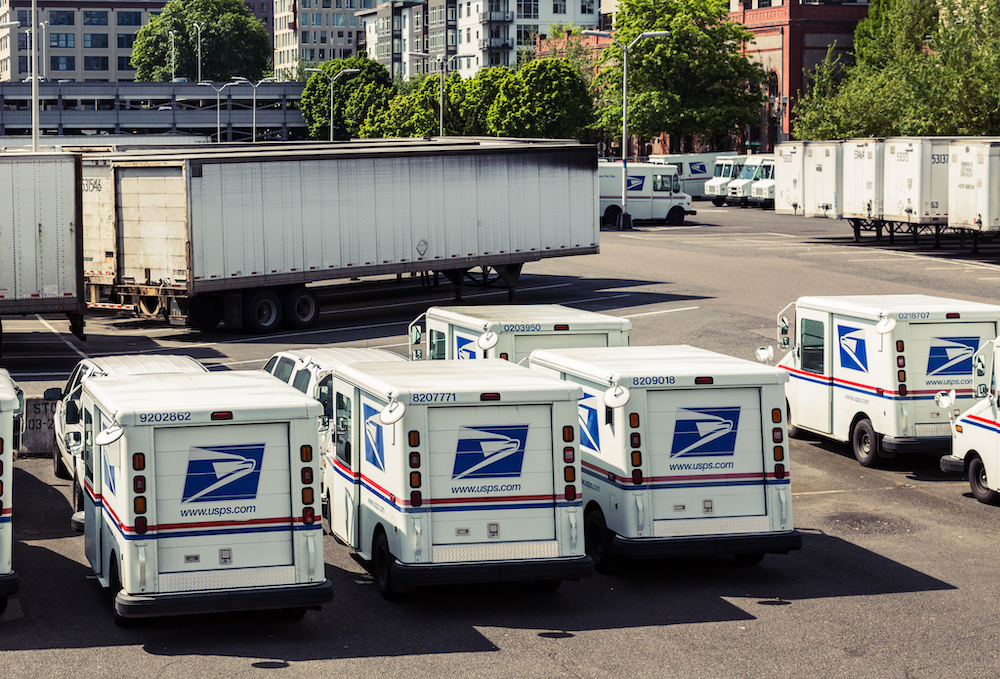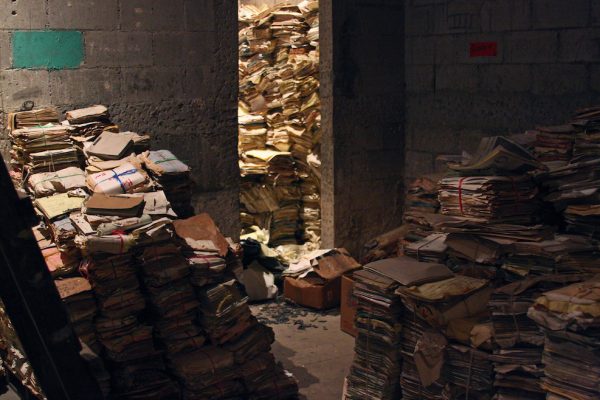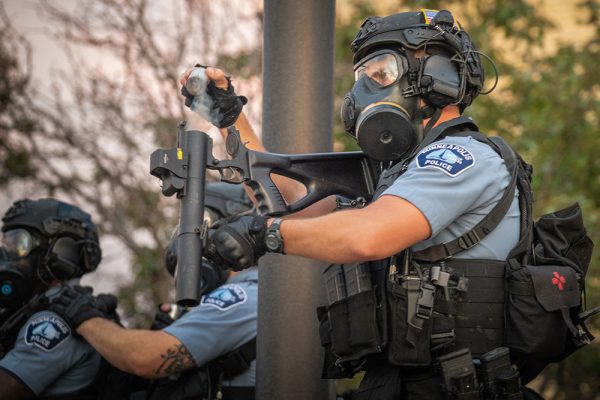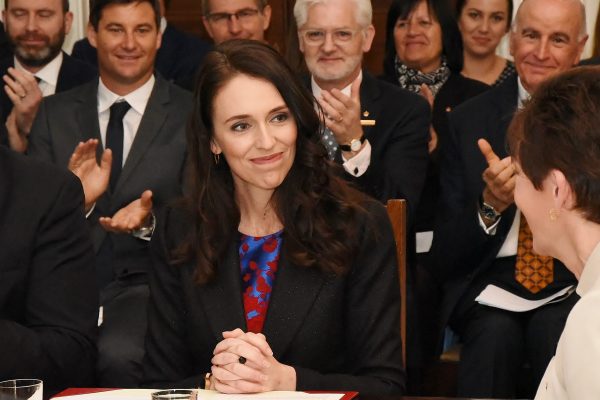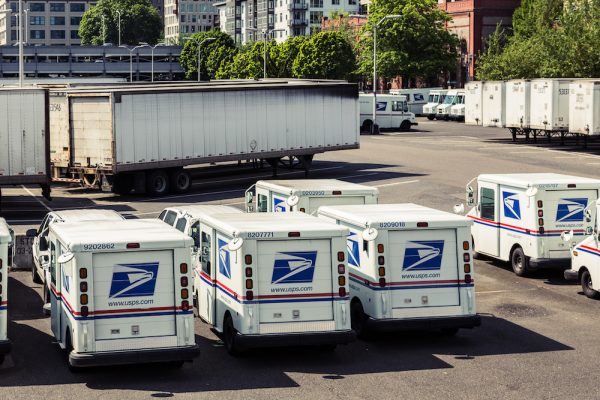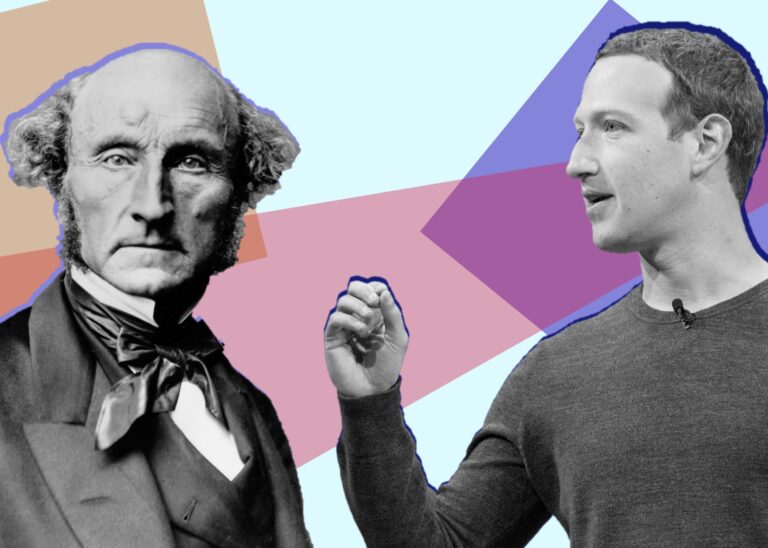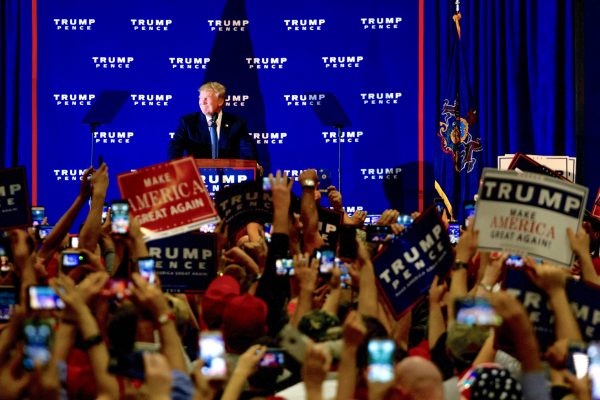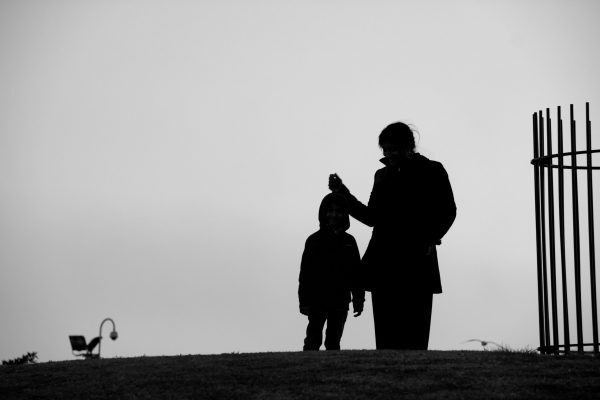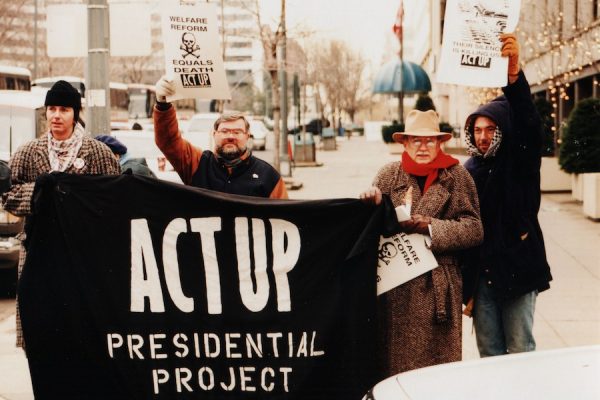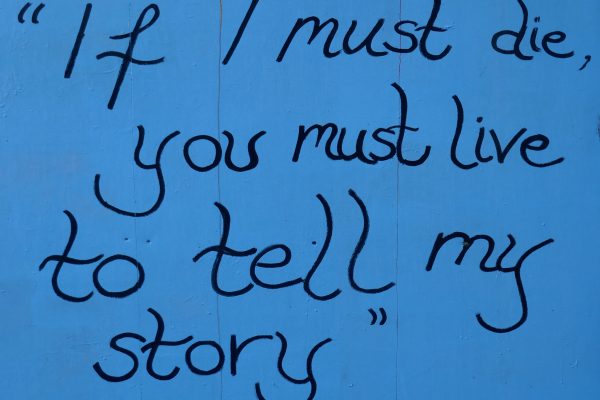In the past five years, democracy has experienced sharp challenges. Yet, as we tentatively emerge from a year of quarantine and contested elections, the constant firefighting to save our democracy seems to be dissipating. The first one hundred days of Biden’s presidency indicate that we may have some breathing room to take the long view on democracy’s perils—and potential salvos.
For philosopher Carissa Véliz, reclaiming privacy should be among the first of our priorities. In an excerpt from her book Privacy is Power: Why and How You Should Take Back Control of Your Data, Véliz argues that we must resist surveillance capitalism if we want democracy to work. “Privacy matters because the lack of it gives others power over you,” she writes. “Even more than monetary gain, personal data bestows power on those who collect and analyze it, and that is what makes it so coveted.”
Another new essay this week by historian Michale Brenes contends that policing is incompatible with democracy. Exploring one hundred years of failed police reform efforts in Minneapolis, Brenes implores us to stop trying to “perfect” policing, noting how police reform “has its roots in the same postwar liberalism that created modern policing in the first place.” Seven other essays from the archives consider what’s missing and what we need to protect. From archives to anonymity, the postal service to practice, here is what democracy needs to survive.
The more someone knows about us, the more they can influence us. We can wield democratic power only if our privacy is protected.
The dramatic history of Guatemala’s National Police archive illustrates the crucial role of state archives in protecting democracy.
Forum
How can democratic societies protect—and protect themselves from—the free flow of digital information?
John Dewey cautioned that institutions alone won't save us.
Some candidates who lose elections strengthen democracy, but others threaten the democratic system itself.
